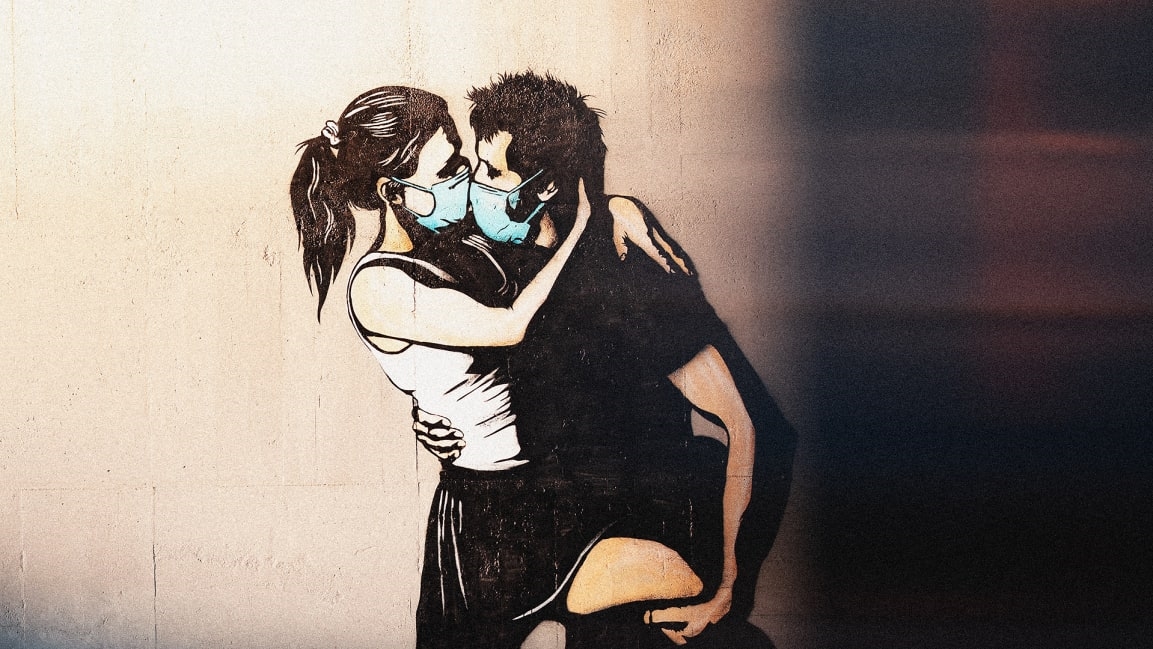Want a stronger relationship? Blame the pandemic for your problems, not your partner
Psychologists at the University of Texas at Austin used the global pandemic to suss out the dynamics at play. They collected daily surveys on stressors and relationship satisfaction from 191 participants during those first, high-stress weeks of the pandemic, and again seven months later.
They found that the partners who blamed the pandemic for their problems enjoyed both more satisfying relationships as well as improved psychological well-being, including a higher resilience.
This is quite different than the pattern that emerges when partners experience smaller, shared stressors such as parenting or in-laws: In those situations, they often blame each other for their difficulties—a lot. Cue the ensuing fights, couples therapy, and despair. We’ve all been there.
The benefit of shifting blame to larger world events seems to come from the mutual encouragement that it fosters between partners, which helps them “support each other more effectively, and ultimately, be more successful in weathering those difficult times,” says coauthor Lisa Neff, an associate professor of human development and family sciences at UT Austin
She notes that highly stressful circumstances like a pandemic can still damage relationships, particularly when the stress exceeds individuals’ coping abilities, causing what’s called “stress spillover.” But those same stressful circumstances increase partners’ awareness that they are stressed, and that, no, their bedmate is not to blame for the global pandemic.
(17)



